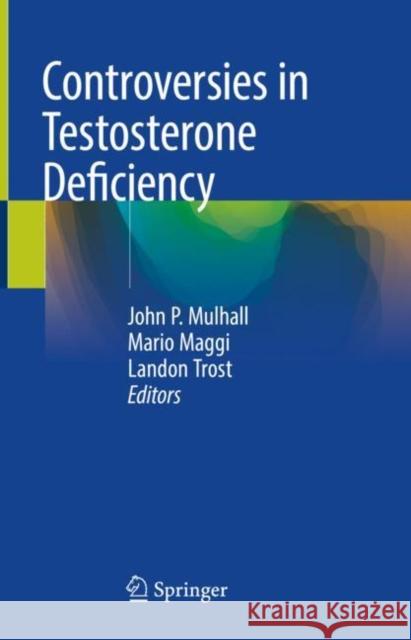Controversies in Testosterone Deficiency » książka
topmenu
Controversies in Testosterone Deficiency
ISBN-13: 9783030771102 / Angielski / Twarda / 2021 / 142 str.
Controversies in Testosterone Deficiency
ISBN-13: 9783030771102 / Angielski / Twarda / 2021 / 142 str.
cena 442,79
(netto: 421,70 VAT: 5%)
Najniższa cena z 30 dni: 424,07
(netto: 421,70 VAT: 5%)
Najniższa cena z 30 dni: 424,07
Termin realizacji zamówienia:
ok. 16-18 dni roboczych.
ok. 16-18 dni roboczych.
Darmowa dostawa!
Kategorie BISAC:
Wydawca:
Springer
Język:
Angielski
ISBN-13:
9783030771102
Rok wydania:
2021
Wydanie:
2021
Ilość stron:
142
Waga:
0.36 kg
Wymiary:
23.88 x 19.81 x 1.27
Oprawa:
Twarda
Wolumenów:
01











